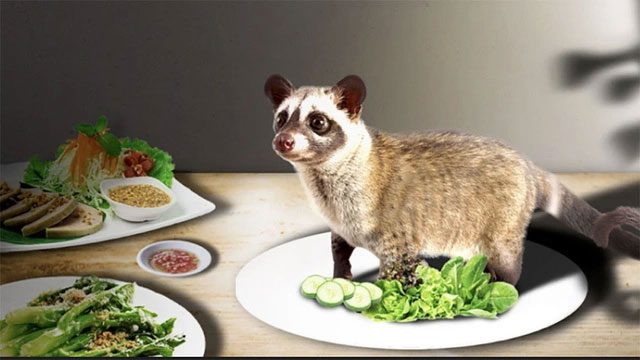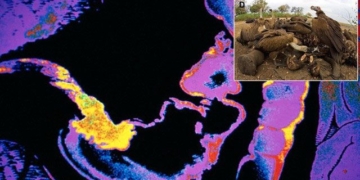Many people say that consuming wild boar, civet, and monitor lizard brings good luck for the new year, but experts warn that these may pose health risks. Is this true or false?

Consumption of wild animal dishes poses many health risks. (Illustrative image).
Dishes made from wild animals such as wild boar, bamboo rat, snail, civet, and reptiles like monitor lizards and turtles are considered delicacies by many Vietnamese, regarded as “luxury foods” that signify sophistication when hosting guests. They believe that eating wild game at the beginning of the year will bring luck and wealth, hence the demand for these specialty dishes surges during the Lunar New Year.
However, consuming dishes made from wild animals carries significant health risks, especially when consumers are unaware of the origin and source of these delicacies. In reality, several dangerous pathogens are still present in wild animals and can cause diseases in humans, such as the H5N1 avian influenza virus found in civets.
Wild birds can transmit numerous dangerous diseases including the H5N1 avian influenza virus, Ornithosis (bird fever), Psittacosis (parrot fever), diarrhea, cholera, dysentery, helminth infections, and viruses causing Japanese encephalitis…
Moreover, many people mistakenly believe that wild animals, notably wild boar, are from nature and therefore “clean,” allowing them to be prepared as blood pudding for consumption. However, eating wild boar blood pudding still carries the risk of contracting Streptococcus suis. Patients infected with Streptococcus suis can deteriorate rapidly, with severe symptoms such as abdominal pain, nausea, vomiting, or rashes developing just hours after onset.
In addition, wild boar and other wild animals like civets, muntjacs, and bamboo rats, if not properly cooked, pose a risk of transmitting various parasitic infections, leading to serious complications.
Dr. Lê Văn Thiệu
Department of General Infectious Diseases, Central Tropical Diseases Hospital


















































